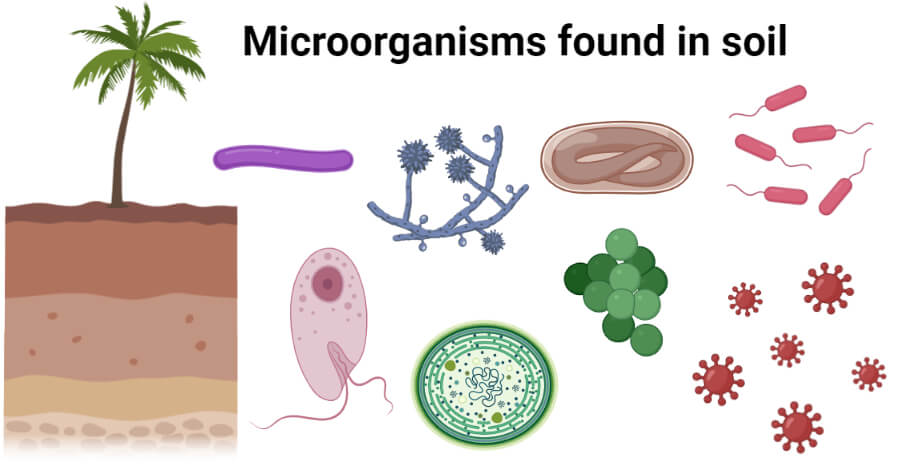Soil microbes are a diverse group of tiny organisms that live in the soil and play a crucial role in maintaining the health and fertility of the earth. These microbes include bacteria, fungi, and viruses, and they are essential for a number of processes that support plant growth and soil health.
One of the key ways that soil microbes contribute to the health of the soil is through the process of decomposition. As organic matter breaks down, soil microbes consume and transform it into nutrients that can be used by plants. This process is known as mineralization, and it helps to maintain the nutrient content of the soil.
In addition to their role in decomposition, soil microbes also help to protect plants from diseases and pests. Many soil microbes produce antibiotics or other substances that can help to inhibit the growth of harmful pathogens, while others form symbiotic relationships with plants, providing them with essential nutrients in exchange for sugars.
Overall, the relationship between soil microbes and plants is complex and dynamic, and it is essential for the health and productivity of agricultural systems. By understanding and supporting the role of soil microbes, we can help to promote the long-term health and fertility of the soil.
Keywords: soil microbes, soil health, decomposition, mineralization, plant growth, soil fertility, antibiotics, symbiotic relationships.

